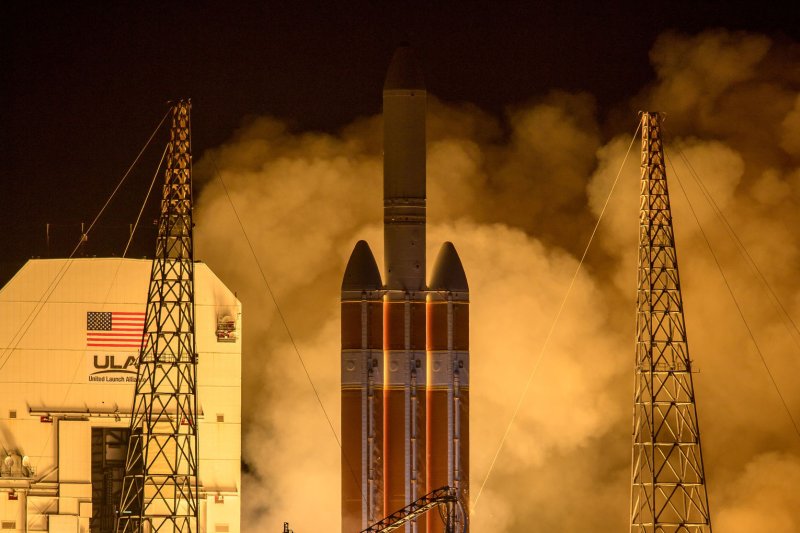By Big Al
Latest Missive from Harlan Ullman
Space command, maybe — but not a space service
By

Some in Congress have advocated forming a “space force” in or from the Air Force. But unlike prior defense reorganizations that took place usually after serious review and substantive congressional hearings — or a crisis — this presidential order is more whim than a well-considered decision. There is no evidence that the White House has carefully studied the pros and cons of this order.
The fundamental question that must be addressed is why, if at all, does the United States need a separate service “to conduct sustained operations incident to combat in space?” We did not need to organize a separate sixth “nuclear service.” Strategic Command sufficed. And when the Department of Homeland Security was created after Sept. 11 by forcibly transferring 16 or so individual agencies under a new roof without careful thought, that bureaucratic nightmare should give pause to considering a sixth military service.
In the 71 years since the passage of the first National Security Act, “reform” and organizational changes to the Department of Defense established commands to focus on new mission areas; new offices for acquisition; and on “jointness” to ensure complete interservice interoperability and compatibility in war and in peace. A Special Forces, Central, Africa and Cyber Command have since been added to the list of combatant commanders. And Pacific Command has been renamed Indo-Pacific Command.
Today, each of the services, along with the major combatant commands, National Reconnaissance Office, National Geospatial Agency, and National Security Agency bears some responsibility for space. Space (and cyber that cannot be disassociated) cuts across many department and service functions. The Air Force Space Command is a component of Strategic Command.
Taking specific assets and capabilities away from these organizations and placing them in a sixth service will be a Sisyphean labor and a bureaucratic disaster, repeating the Homeland Security debacle. What will be the roles of CIA, NASA and NOAA with substantial space equities? And what would a Space Service achieve that is not being done now?
Forming the Air Force provoked considerable internecine interservice war that took years to placate. Creating a Space Service could do even more damage. It is not inconceivable that a Space Service could become a new TSA and the screen obstructing the operational forces from space as between passengers and their airliners.
Answers to these questions are the best argument against a separate space service. Why is one needed? Given that much of space is civilianized, should this be a military- or civilian-led command? How will it be funded and what are the long-term costs that will compete against an already strained budget?
How will it be organized, manned, recruited, trained and equipped? How much more congressional oversight will be needed? And how will this service be integrated with the other services, Pentagon offices, combatant commands and non-DoD agencies and departments, as well as allies?
Sadly, none of these questions has been asked yet. Even if a feasible plan were constructed — and that is doubtful — will Congress pass enabling legislation? If Congress refuses, would the president use an executive order to make this change? And would that provoke a political crisis?
Space is a critical domain. If the role of space needs to be broadened — and this has not been proven — the most credible option is to elevate the Air Force Space Command into a separate combatant command. The worst decision will be a separate sixth miltiary service that will confound, complicate and confuse the use of space in defending the nation.
Only in America can a president order up a military parade for no good reason and demand a new military service when one is not needed. The next step perhaps is to have the new services’ uniforms designed by Ivanka Trump.
Harlan Ullman has served on the Senior Advisory Group for Supreme Allied Commander Europe (2004-16) and is senior adviser at Washington D.C.’s Atlantic Council, chairman of two private companies and principal author of the doctrine of shock and awe. A former naval person, he commanded a destroyer in the Persian Gulf and led over 150 missions and operations in Vietnam as a Swift Boat skipper. His latest book is “Anatomy of Failure: Why America Has Lost Every War It Starts.” Follow him @harlankullman.
From:: The Korelin Economic Report

